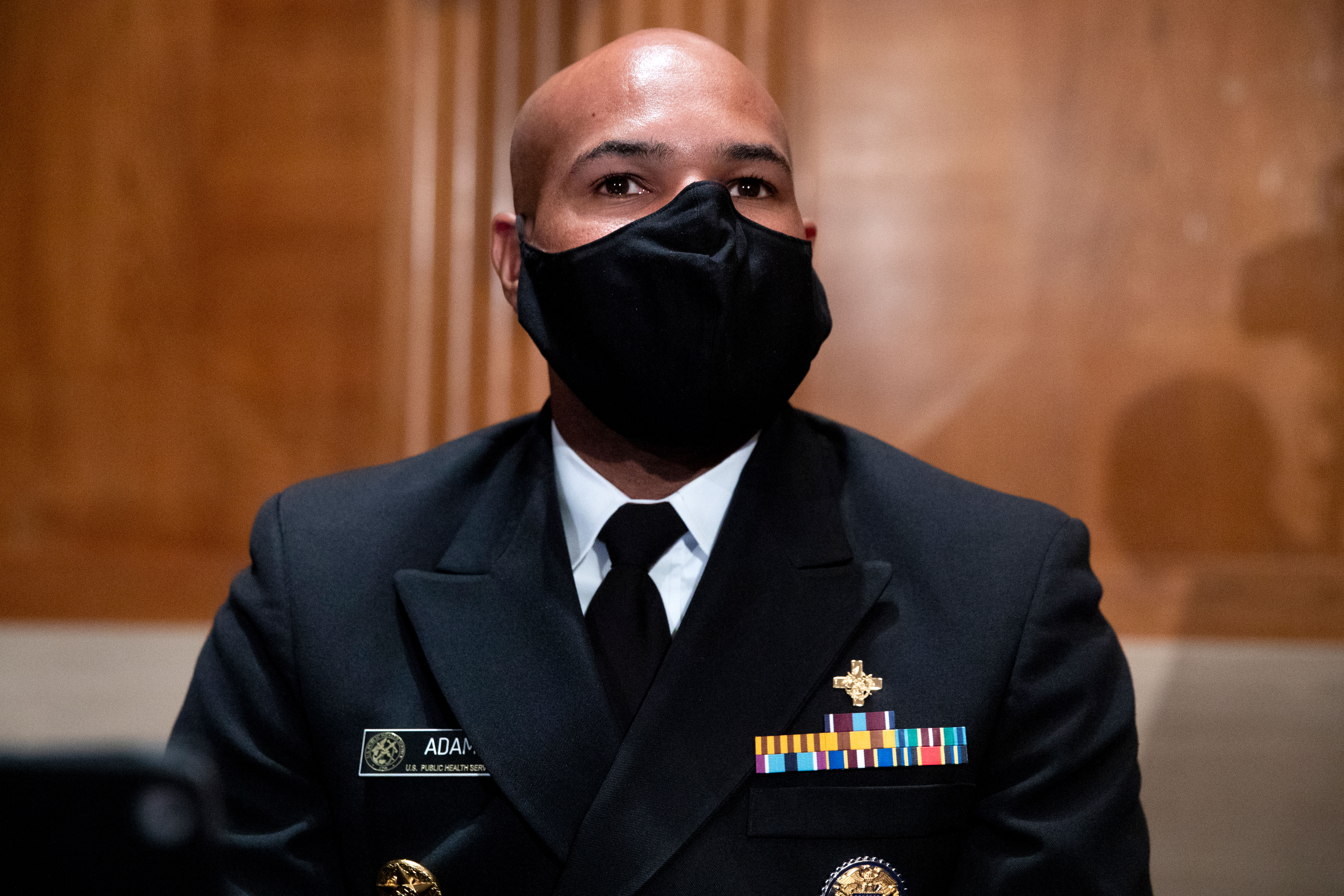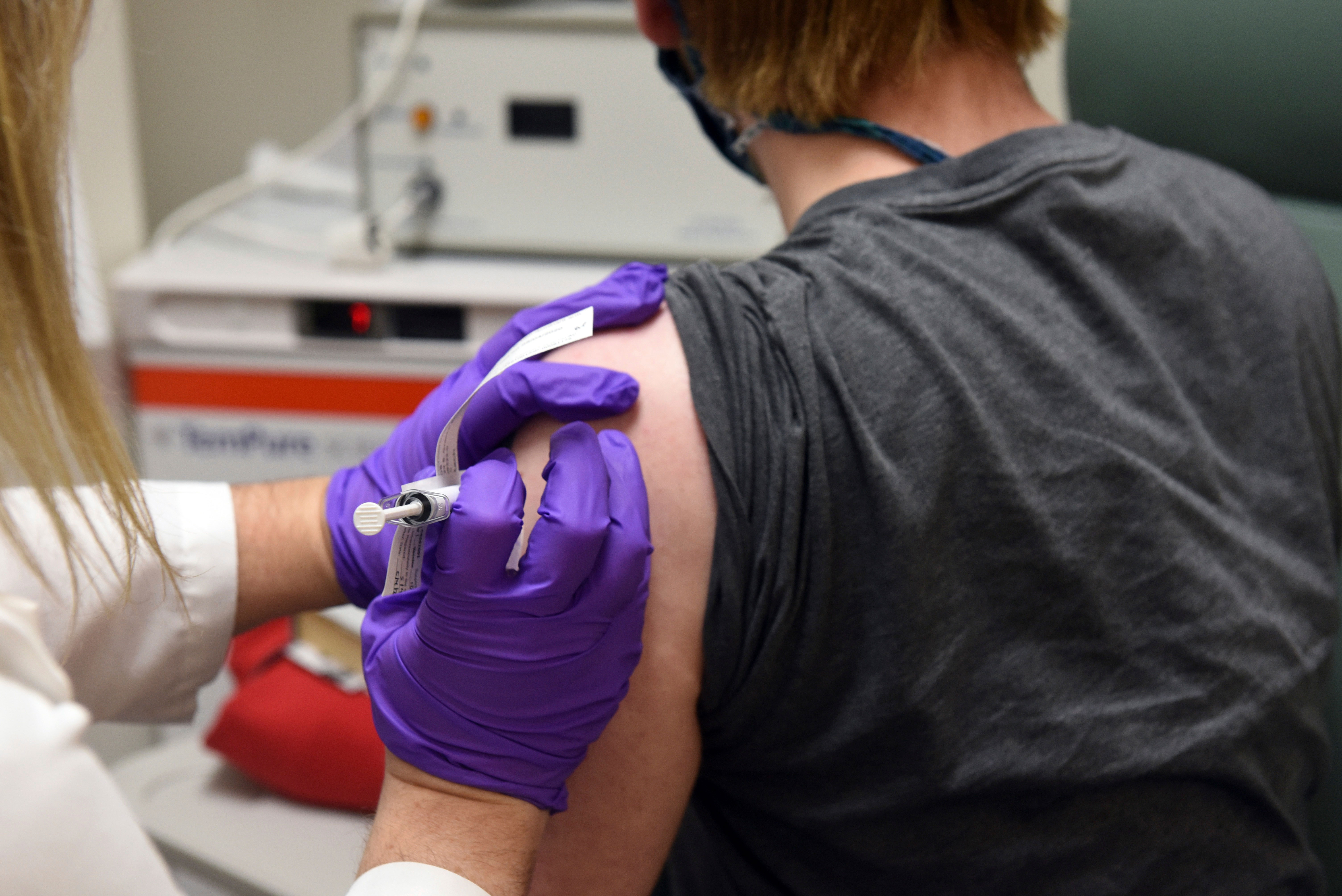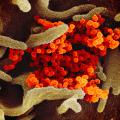The latest on the coronavirus pandemic
By Julia Hollingsworth, Adam Renton, Meg Wagner and Mike Hayes, CNN
- All
- Hotspots
- Restrictions
- US Stimulus
- Vaccines
This surge is different because "it’s really about health care capacity," Surgeon General says
From CNN's Naomi Thomas

“We want to immunize for impact,” US Surgeon General Dr. Jerome Adams told ABC’s George Stephanopoulos on Monday, when asked who should be next to be vaccinated. “We want to make sure we’re giving it to the people who are most likely to die from this virus.”
Adams said that 40% to 50% of deaths are occurring in people who are in long-term care facilities or who are older, but “we also want out health care workers who are on the frontlines to be able to get it.”
“This surge is different than earlier surges, because it’s not about PPE. It’s not about testing. It’s really about health care capacity, and certain places are just being overwhelmed,” Adams said. “So, we know that we can actually help them with their health care capacity by immunizing their health care staff.”
Adams said the decision about who would get the vaccine would be left up to the states, but they will receive guidance.
Some states will have to immunize their health care workers first, he said. Others will find they get greater impact by vaccinating the older people and people wither underlying health conditions that put them at increased risk for serious illness.
“But about 20 million doses, or full doses, are going to be available by the end of this year – and we’ll keep pushing vaccines out to people as quickly as we can so that we can end this pandemic,” Adams said.
He asked people to follow the three W’s: wear a mask, wash hands and watch your distance; also to avoid people outside of their household as much as possible.
“And please be patient with your leaders around the country. They’re trying to preserve hospital capacity,” Adams said, adding that the leaders want everyone who needs a bed to have access to a bed.
“That’s not going to happen if we keep engaging in behaviors that lead to the spread of the virus,” he said.
It's a critical week for vaccines in the US — but there are still challenging months ahead

On Thursday, the US Food and Drug Administration will meet to decide on authorization for Pfizer's vaccine candidate.
But health officials warn that while some Americans may receive a vaccine by the end of the year, the country likely won't see any meaningful impacts until late spring.
In the meantime, experts project an incredibly challenging next few months. The US is nearing 200,000 daily coronavirus cases — and with the recent spike in cases, record hospitalizations have followed. On Sunday, 101,487 patients were in the hospital with the virus, the fifth consecutive day the US surpassed 100,000 hospitalizations.
On Saturday, the US reported more than one million new cases of Covid-19 within the first five days of December.
Health and Human Services Secretary Alex Azar said Americans' behavior is behind the crippling surge — and health experts warn that it could get worse as the holidays approach.
"People are going indoors, they're not minding the three W's," Azar told Fox News's Chris Wallace Sunday. "Our advice is always the same. Wash your hands, watch your distance, wear face coverings."
Azar later told ABC's George Stephanopoulos: "We're worried about people and the behaviors coming up with Christmas ... We want to make sure everyone's loved ones are there next Christmas, especially when we have so much hope of vaccines."
This morning, Dr. Anthony Fauci said he, too, is worried about Christmas, saying the holiday could be even more of a challenge" than Thanksgiving, since the season runs for more than a week, from before Christmas Eve to New Year's Day.
“I hope that people realize that and understand that as difficult as this is, nobody wants to modify – if not essentially shut down – their holiday season, but we are in a very critical time in this country right now.”




No comments:
Post a Comment